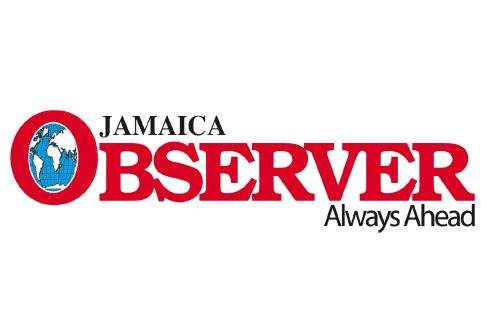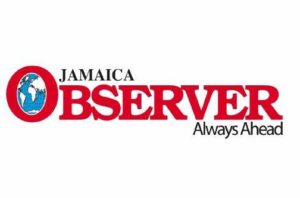It’s difficult not to talk about this mushrooming health crisis. Every week seems worse than the previous ones. However, if only for the sake of maintaining our mental health, we should seriously consider strategically managing our information intake. The positive side effects of this aren’t just personal; they can be financial and occupational as well. How so, you might ask, especially when it seems that everyone everywhere is already jobless or not far from it? If history has taught us anything, it’s that every crisis presents opportunities. In that context, luck is nothing more than ‘Labour Under Correct Knowledge’ (LUCK). It means preparing for unforeseen eventualities before they occur, to be as ready as we can be.
The New Normal
Companies and governments the world over are helping industries, firms and employees get through the crisis. In that regard Jamaica is no different. However, these support systems are intended to mitigate the devastating financial fallout, not what will follow. Yes, companies and self-employed people will have access to loans but repayment is still mandatory, for these aren’t grants.
Let’s take a step back. Many companies cannot ‘afford’ to layoff all their employees for one simple reason — staff recruitment and retention is often very costly and time-consuming. Imagine starting all over in three to six months, desperately trying to rehire your best and brightest. Human resource (HR) professionals will attest to how difficult a strategic decision this is for every firm, especially employers of choice.
Sadly, however, this new reality forces everyone to make tough decisions. In some cases, it will come down to the weighted value of each individual in the businesses’ continuity planning. If employees were rated in bands like ‘A’, ‘B’ and ‘C’, for example, only the A-rated team members might be retained, and perhaps only on partial salary, to ensure a smoother post-pandemic transition. This is when making oneself invaluable can bring good LUCK to the select few.
Home Work
This is your new life. After three weeks of Netflix-ing and chilling, we have to get back to ‘work’. What work if I’m unemployed and most companies are closed, you ask? Well, let’s start with what you’re trained to do or are otherwise good at. You were hired because you have a certain skill set and intellect. Now, while the next few months will be very challenging, you now also have time you’ve never had before in your adult life. This is an excellent opportunity to assess and audit yourself. Do a SWOT analysis of YOU, as if you were a business, and strategise how to leverage all you have to make yourself more marketable. Don’t know Microsoft Excel? Learn it for free online. Make presentations often? Improve your PowerPoint skills or upgrade to Prezi to wow audiences.
What about starting a business? It takes months to create a business plan, establish branding, gain a presence on social media, build a website, etc. But guess what? You now have a few months. All you need is a device, Internet access and willpower. No excuses! Get started on creating your own LUCK.
Until next time, leaders, keep lookin’ up and stay safe!
Read more
http://www.jamaicaobserver.com/career-education/good-luck-with-covid-19_191303












